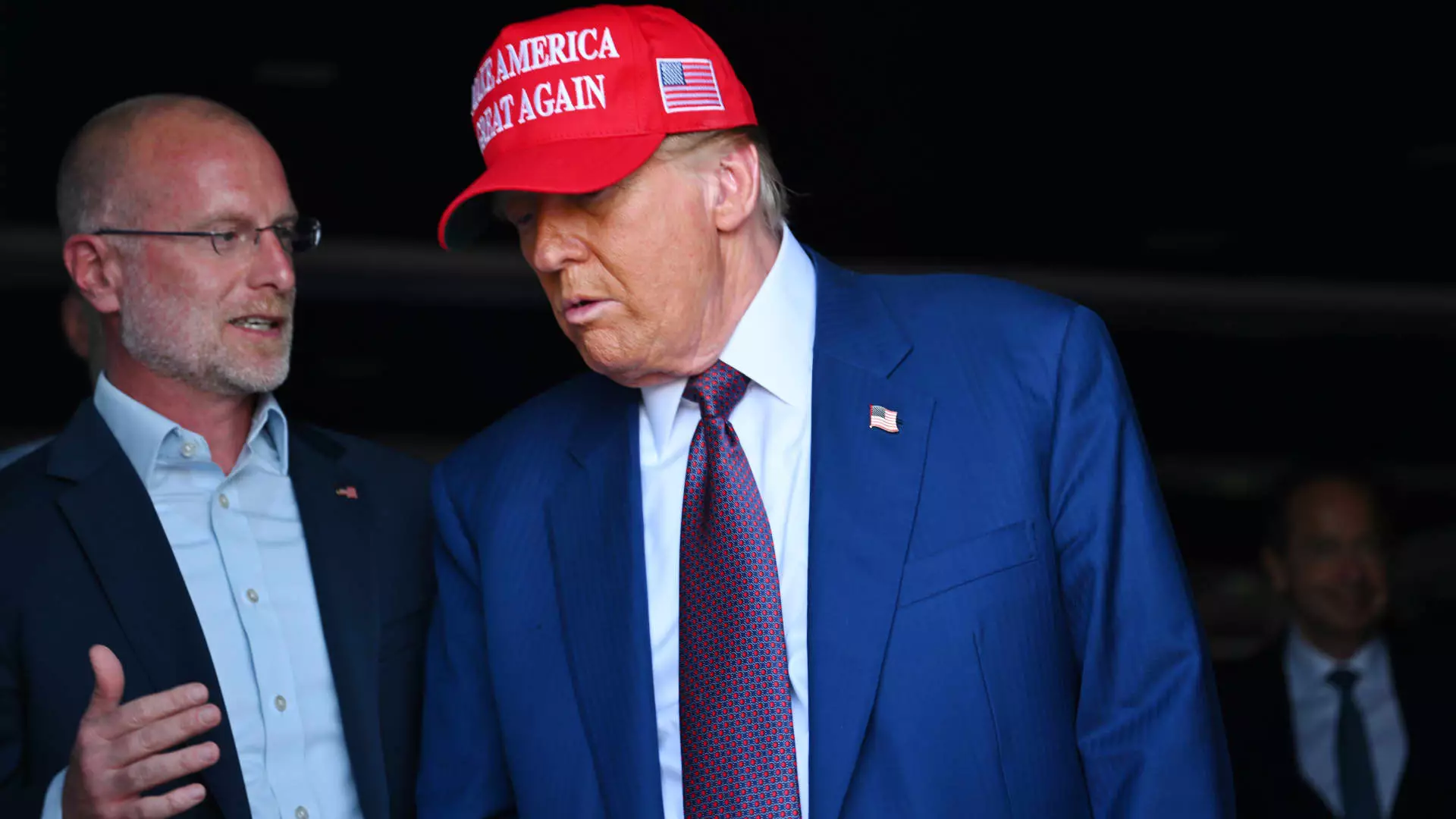In recent years, the discussions surrounding diversity, equity, and inclusion (DEI) within major corporations have escalated from a buzzword to a focal point in corporate governance. The Federal Communications Commission (FCC) is now stepping into this contentious arena, initiating an investigation into Comcast Corporation’s DEI initiatives. This inquiry not only highlights the ongoing scrutiny of corporate practices but also reveals the extent to which political winds can influence business operations.
On Tuesday, the FCC notified Comcast and its parent company NBCUniversal that it would be starting an investigation into their DEI practices. This move appears to coincide with a broader directive from the Trump administration aimed at limiting DEI initiatives across governmental and corporate landscapes. The investigative focus of the FCC aligns with its regulatory responsibilities, examining whether Comcast and NBCUniversal’s DEI efforts adhere to existing compliance expectations outlined by federal regulations.
Chairman Brendan Carr expressed concerns regarding whether the practices at Comcast and NBCUniversal align with the inclusive values that the companies publicly champion. The concern stems from the possibility that these corporations might promote programs deemed invidious or potentially discriminatory. Such scrutiny is noteworthy, especially considering the political context that has prompted a reevaluation of DEI programs nationally.
The backdrop for the FCC’s investigation is deeply entwined with recent political developments. An executive order signed by President Trump seeks to dismantle DEI programs in federal agencies and applies pressure on publicly traded companies to reconsider or abandon similar initiatives. This directive has ignited debate on the efficacy and ethical implications of DEI policies, positioning issues of representation and equity as highly polarized topics. Consequently, organizations like Comcast find themselves navigating uncertain waters where corporate responsibility is juxtaposed against political agendas.
With the FCC, a regulatory body traditionally focused on telecommunications and media, now in the mix, these complexities will only amplify. The inquiry may serve as a litmus test for how corporations react to regulatory pressures while balancing internal commitments to diversity and inclusion.
In light of the investigation, Comcast issued a statement affirming its commitment to its foundational values of integrity and respect. The company acknowledged receipt of the FCC’s inquiry and promised its full cooperation. However, Comcast’s self-descriptions of its DEI initiatives present a stark contrast to the scrutiny it faces. Comcast promotes DEI as a “core value,” boasting of comprehensive infrastructure that includes annual DEI events, targeted training for leaders, and dedicated executive teams within NBCUniversal focused on furthering these initiatives.
These efforts indicate a robust commitment to fostering an inclusive workplace and content creation, potentially serving as a model for other corporations navigating similar inquiries. Yet, with federal interest now piqued, the sustainability and acceptability of these initiatives will be under significant examination.
Further complicating the narrative, other media giants like Disney and PBS are making headlines for their own shifts in DEI strategies. Disney has begun redefining its DEI programs, incorporating performance metrics that aim to evaluate the effectiveness of diversity efforts on a more substantive level. Conversely, PBS has disbanded its DEI office in the wake of the executive order, signaling a retreat aimed at compliance rather than active engagement. These contrasting approaches underscore the varied responses corporations are taking in the face of shifting political directives regarding DEI.
As the FCC moves forward with its inquiry into Comcast and NBCUniversal, the implications could ripple far beyond these two companies. This investigation serves as a critical juncture for corporate governance related to diversity and equity initiatives, setting potentially precedent-setting standards. As the landscape evolves, organizations will need to navigate the delicate balance between political compliance and their commitment to fostering diverse and inclusive environments. Ultimately, the outcomes of this inquiry could redefine how corporations approach DEI in a post-Trump administration world, influencing practices for years to come.

